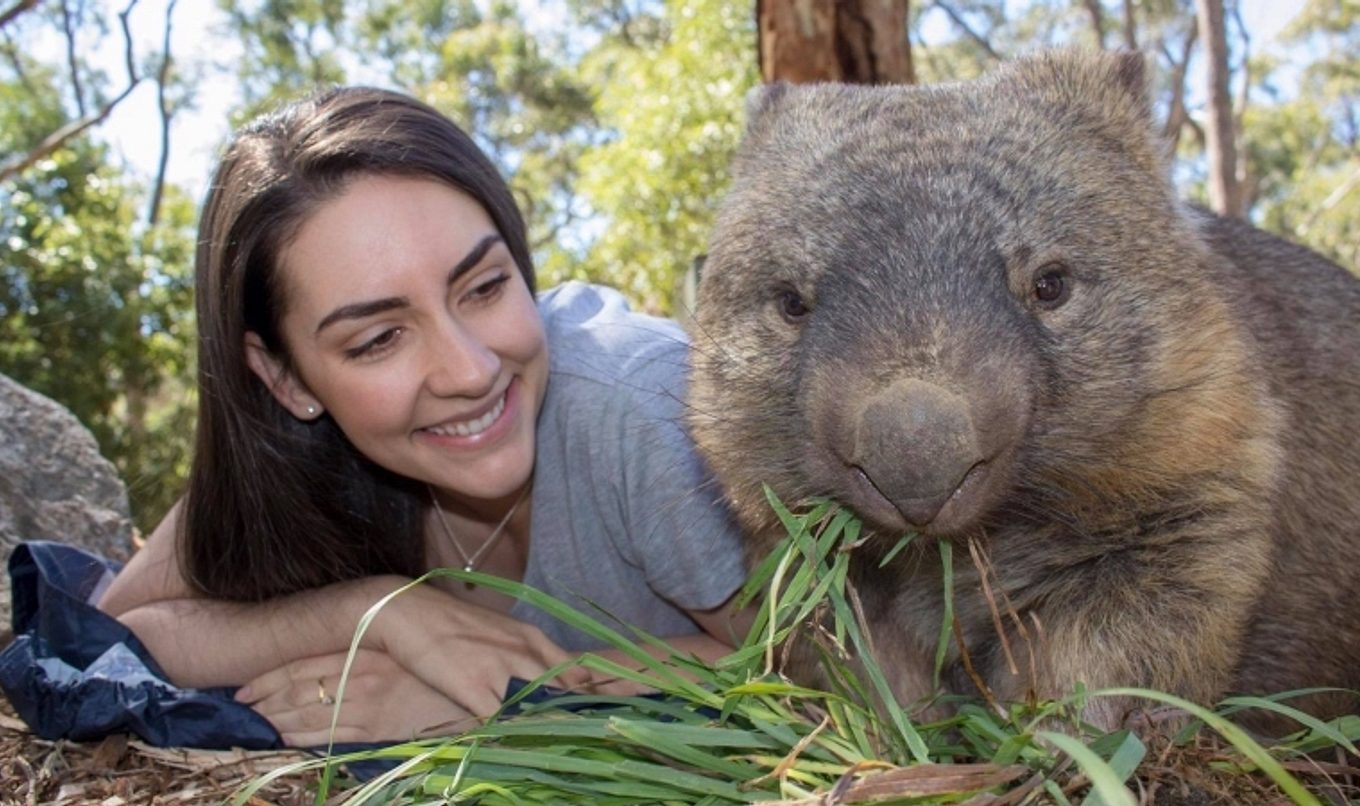Celebrate the Australia’s iconic wombat today
Today marks World Wombat Day, a day to raise awareness about this muscular marsupial, including the research and conservation efforts in South Australia.

World Wombat Day is a light-hearted way to celebrate the lovable wombat that has captured the imaginations of many Australian authors and illustrators.
Department for Environment and Water Animal Welfare Manager Dr Deb Kelly said there are two species of wombat found in South Australia - the southern hairy nosed wombat and the common wombat.
"The hairy nosed wombat is not a threatened species, but the common wombat is listed as a rare. The southern hairy nosed is found almost exclusively in South Australia,” Dr Kelly said.
“The biggest threat to wombats in South Australia is loss of habitat, especially the loss of native grasslands.
“The department has funded investigations into populations, health and diseases of wombats. Our staff also work closely with Zoos SA, independent organisations and the universities on various research programs.”
Over the last three years wombat research across South Australia has included:
- Population counts in the Murraylands and Yorke Peninsula and Far West Coast.
- The numbers, and genetic and spatial relationships of wombats living in a one square kilometre area of typical wombat habitat.
- Project to determine if the island populations of marsupials on Wedge and Thistle islands are suffering any negative health impacts as a result of generations of inbreeding.
- Inter-seasonal variation in the diet of the southern hairy-nosed wombat.
Dr Kelly said the department values and participates in wombat research to better understand population changes and trends.
“This helps our understanding, as well as how we can manage wombat populations to ensure the species can continue to thrive, while mitigating their impact on primary producers,” Dr Kelly said.

